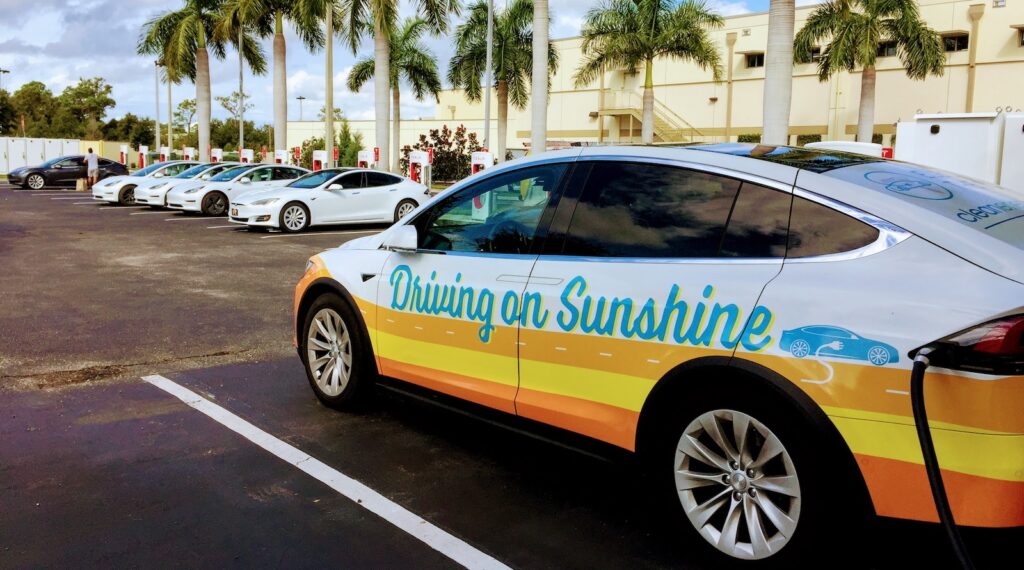Revolutionizing the Energy Industry: Trends and InnovationsEmerging Trends in Renewable Energy
The push towards renewable energy is one of the most significant trends in the industry today, with solar and wind power leading the charge. In 2022, renewable energy accounted for over 30% of global electricity generation, marking a substantial increase from previous years. This growth is not only driven by government incentives and policies but also by declining technology costs, making renewables more competitive with fossil fuels. For instance, the cost of solar energy has dropped by over 70% in the last decade, making it an attractive option for both residential and commercial consumers.
Advancements in Solar Energy Technology
Solar energy, in particular, has seen remarkable advancements in technology, leading to higher efficiency rates and lower production costs. Bifacial solar panels, which can harness energy from both the front and back sides of the panel, are becoming increasingly popular. These panels can increase energy output by up to 25%, making solar energy an even more viable option for meeting global energy demands. Furthermore, advancements in energy storage systems, such as batteries, are addressing the intermittency issue associated with solar and wind power, ensuring a stable and reliable energy supply.
Energy Storage and Grid Resiliency
Energy storage plays a critical role in the transition to a renewable energy-dominated grid, enabling the efficient use of intermittent energy sources like solar and wind. Battery technology has been at the forefront of this development, with lithium-ion batteries being the most widely used. However, innovations in other battery types, such as flow batteries and sodium-ion batteries, are expected to further enhance energy storage capabilities, offering more efficient, cost-effective, and sustainable solutions. The integration of these technologies into the grid not only improves resiliency but also supports the widespread adoption of electric vehicles, which are anticipated to play a significant role in reducing greenhouse gas emissions.
Electric Vehicles and the Future of Transportation
The rise of electric vehicles (EVs) is transforming the transportation sector, with many countries setting targets for EV adoption to reduce carbon emissions. As of 2023, over 20% of new car sales in several European countries were electric, indicating a significant shift in consumer preference. The development of more efficient batteries, coupled with expanding charging infrastructure, is addressing range anxiety and making EVs more practical for long-distance travel. Furthermore, the potential for EVs to act as energy storage devices when not in use, through vehicle-to-grid (V2G) technology, could provide additional power to the grid during peak demand periods, further integrating the transportation and energy sectors.
The energy industry’s shift towards sustainability is not only about reducing carbon emissions but also about minimizing environmental impact. The extraction and use of fossil fuels have been linked to various environmental issues, including water pollution, land degradation, and loss of biodiversity. In contrast, renewable energy sources offer a cleaner alternative, with significantly lower environmental footprints. However, the production of renewable energy technologies, such as solar panels and wind turbines, also has environmental implications, including material extraction and waste management. Therefore, the industry is focusing on developing more sustainable manufacturing processes and end-of-life recycling technologies to minimize waste and promote a circular economy.
The energy industry is at a crossroads, with technological innovations, policy changes, and consumer behaviors driving a profound transformation. As the world moves towards a more sustainable and renewable energy-based future, it is crucial to address the challenges associated with this transition, including energy storage, grid resilience, and environmental sustainability. With continued advancements in technology and a concerted effort from governments, industries, and consumers, the energy sector can become more efficient, cleaner, and better equipped to meet the demands of a growing global population.






_1.png?w=150&resize=150,150&ssl=1)